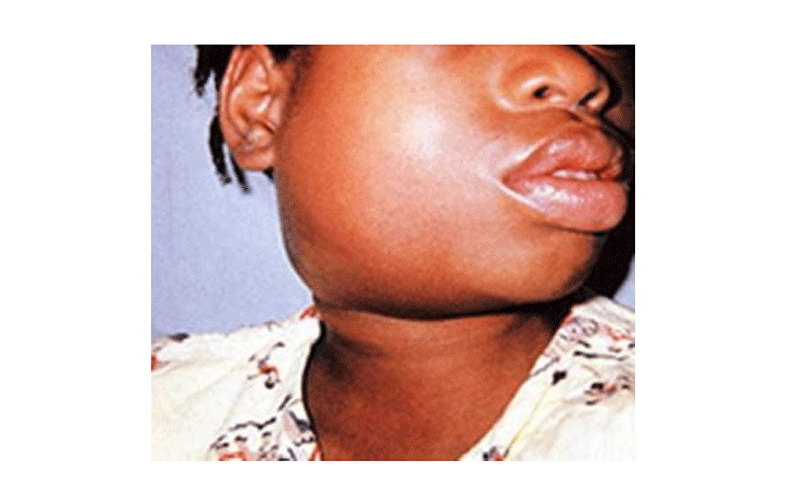
Harare has been hit by an outbreak of mumps, a contagious viral infection mostly common in children that affects the salivary glands.
Mumps is most recognisable by the painful swellings in the side of the face under the ears, the parotid glands, giving a person with mumps a distinctive ‘hamster face’ appearance.
Other symptoms of mumps include headaches, joint pain, and a high temperature, which may develop a few days before the swelling of the parotid glands.
City of Harare health director Prosper Chonzi, confirmed the outbreak in schools.
“Harare Metropolitan province has reported mumps (mahumunya) in our health centres and community (schools),” Chonzi said in a statement.
“We, therefore, request through your wider networks to communicate with parents and guardians referencing this letter to mobilise them to bring forward all children and adults who got infected or are currently infected with mumps to visit their council health centres and cite this letter to their health care providers.”
Community Working Group on Health executive director Itai Rusike, said the mumps outbreak is a regional problem having also been reported in countries including South Africa, Botswana and Lesotho.
“It is a condition that peaks in the winter season,” Rusike said.
- Social commentary: Zim women face risks in giving life
- Bosso search for elusive away win
- Social commentary: Zim women face risks in giving life
- Women steal show at ZCN awards
Keep Reading
“Mumps outbreaks occur in countries that do not immunise against mumps and those with low vaccine coverage.
“Mumps is a viral disease affecting children mostly, is less virulent than measles and rarely has complications.
“The good thing is that measles vaccination now comes with mumps and rubella, hence the name MMR.”
Rusike attributed the rise in infections to the depressed vaccination coverage.
“So it’s the drop in vaccination coverage post Covid-19 plus other health systems challenges in our case,” he said.
“There is a need to conduct routine surveillance of mumps, it should be a notifiable disease and mumps outbreaks should be investigated to the extent that resources allow.”
The Centre for Disease Control says the mumps virus replicates in the upper respiratory tract and is transmitted person to person through direct contact with saliva or respiratory droplets of a person infected with mumps.
The risk of spreading the virus increases the longer and the closer the contact a person has with someone who has mumps.











